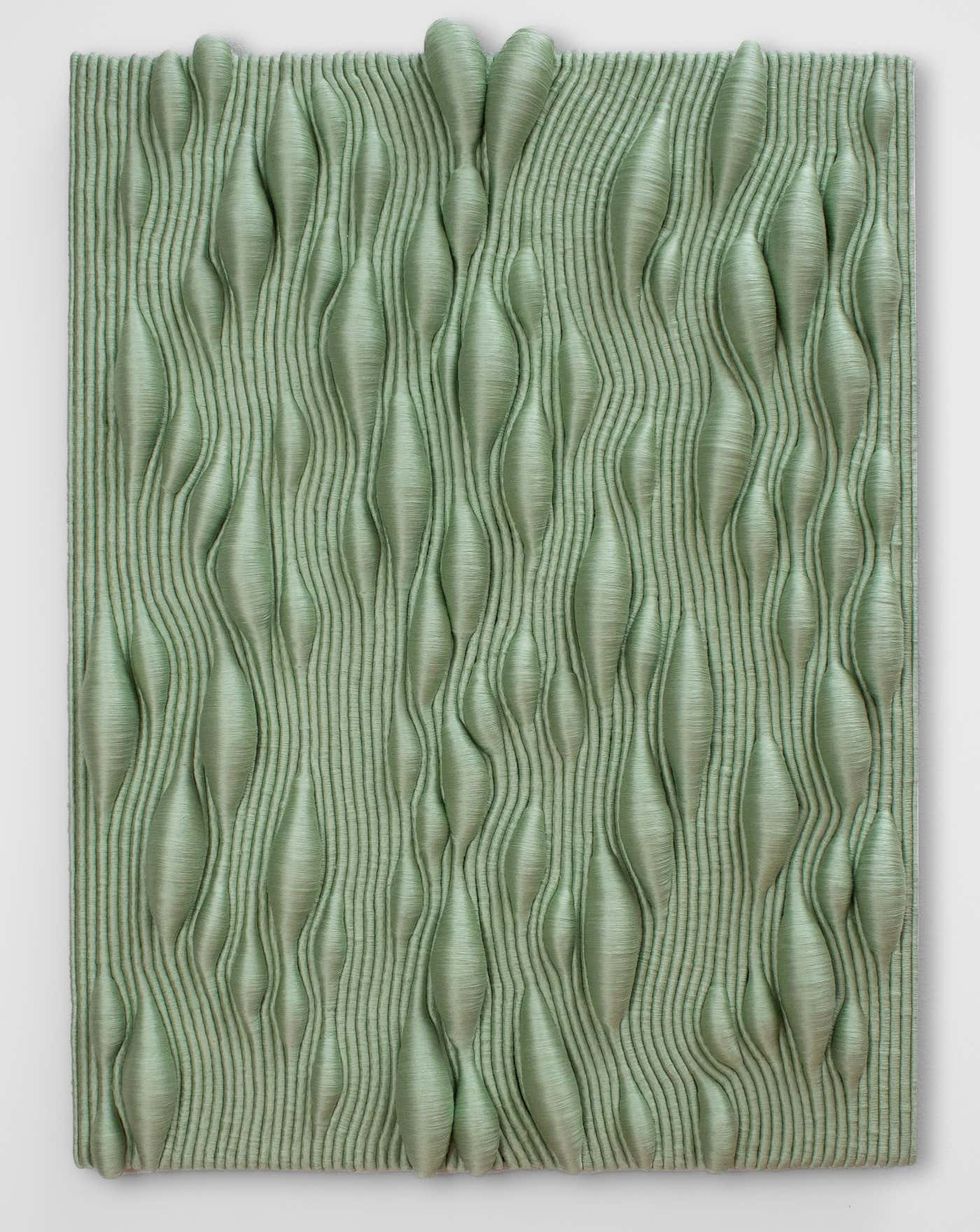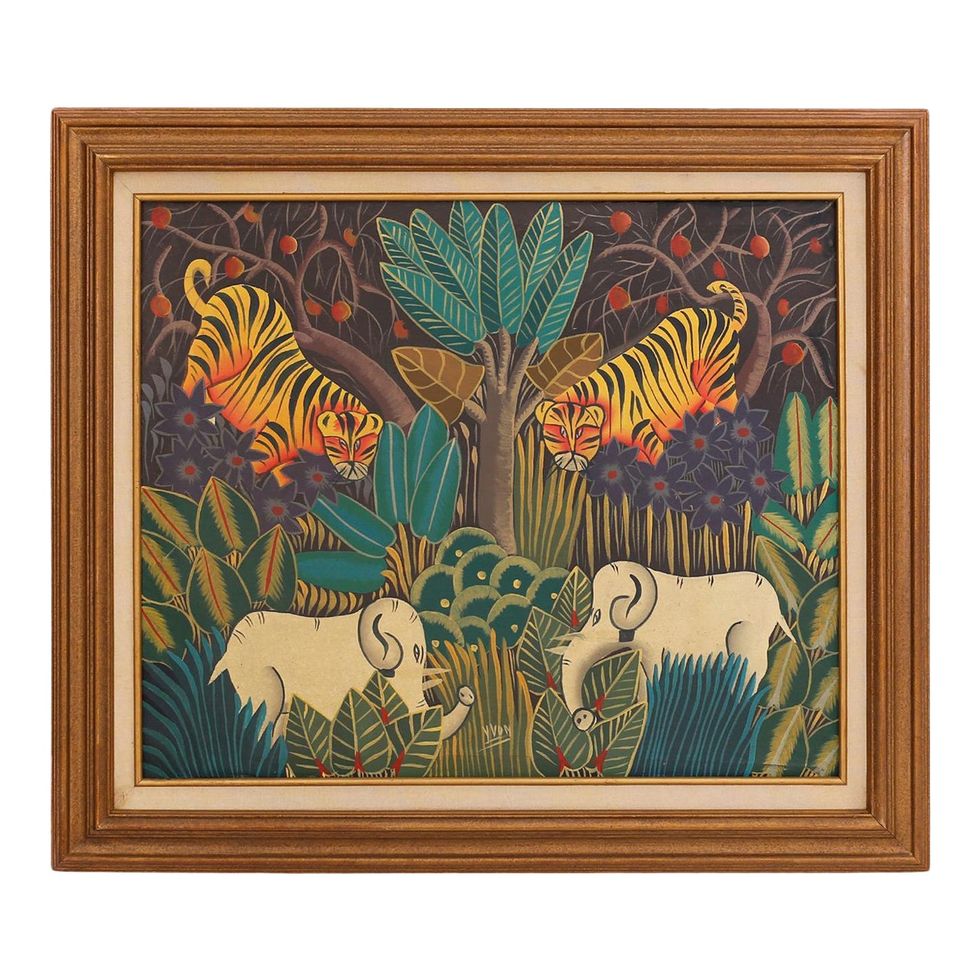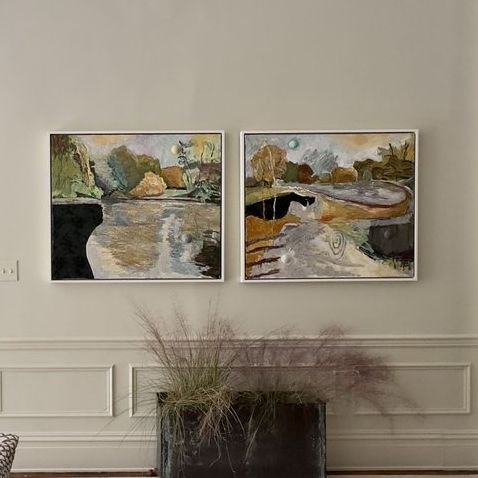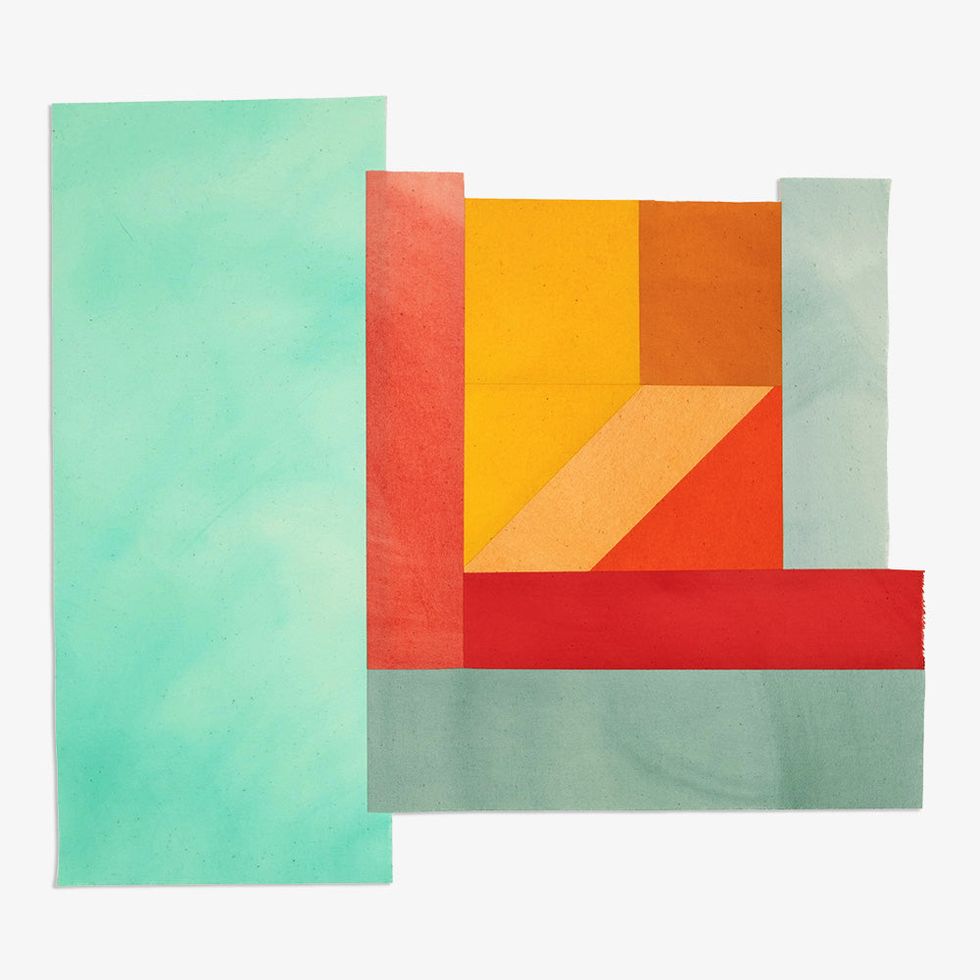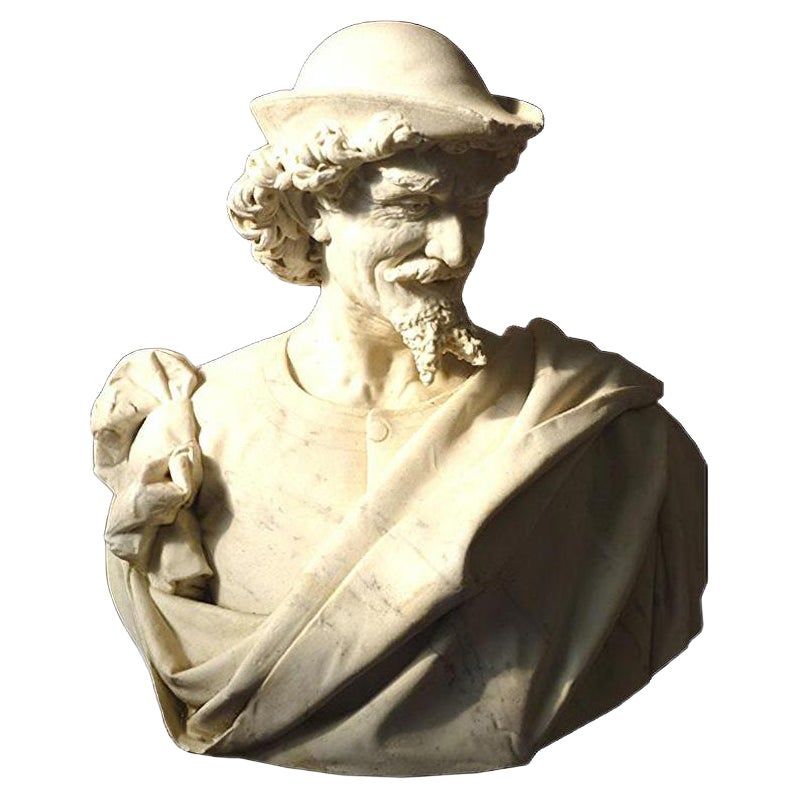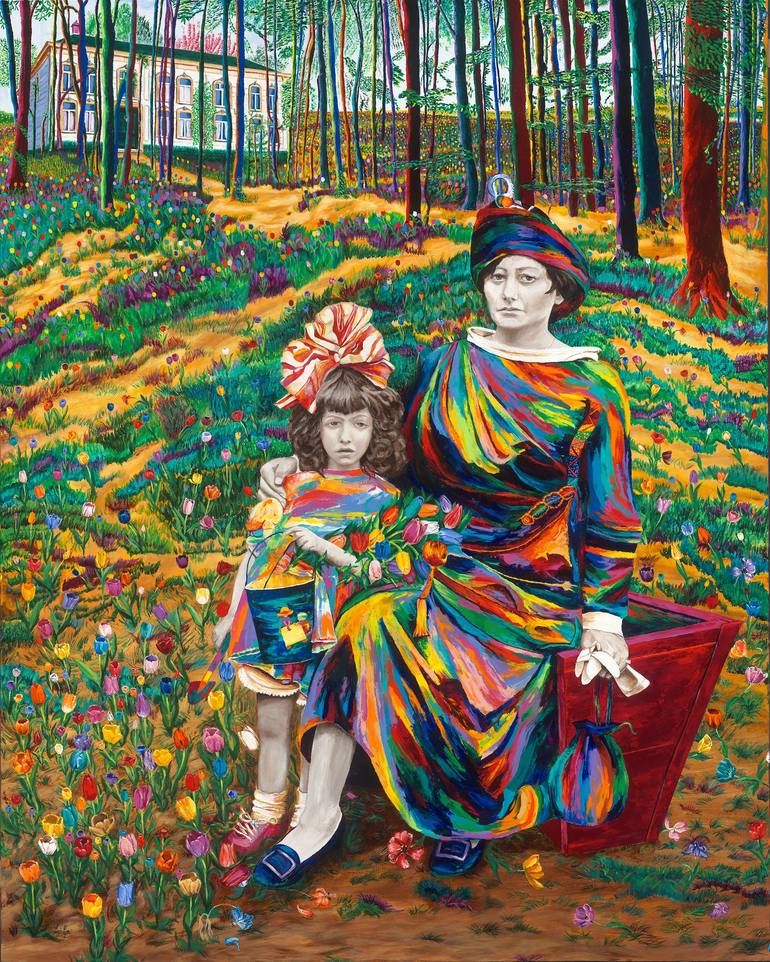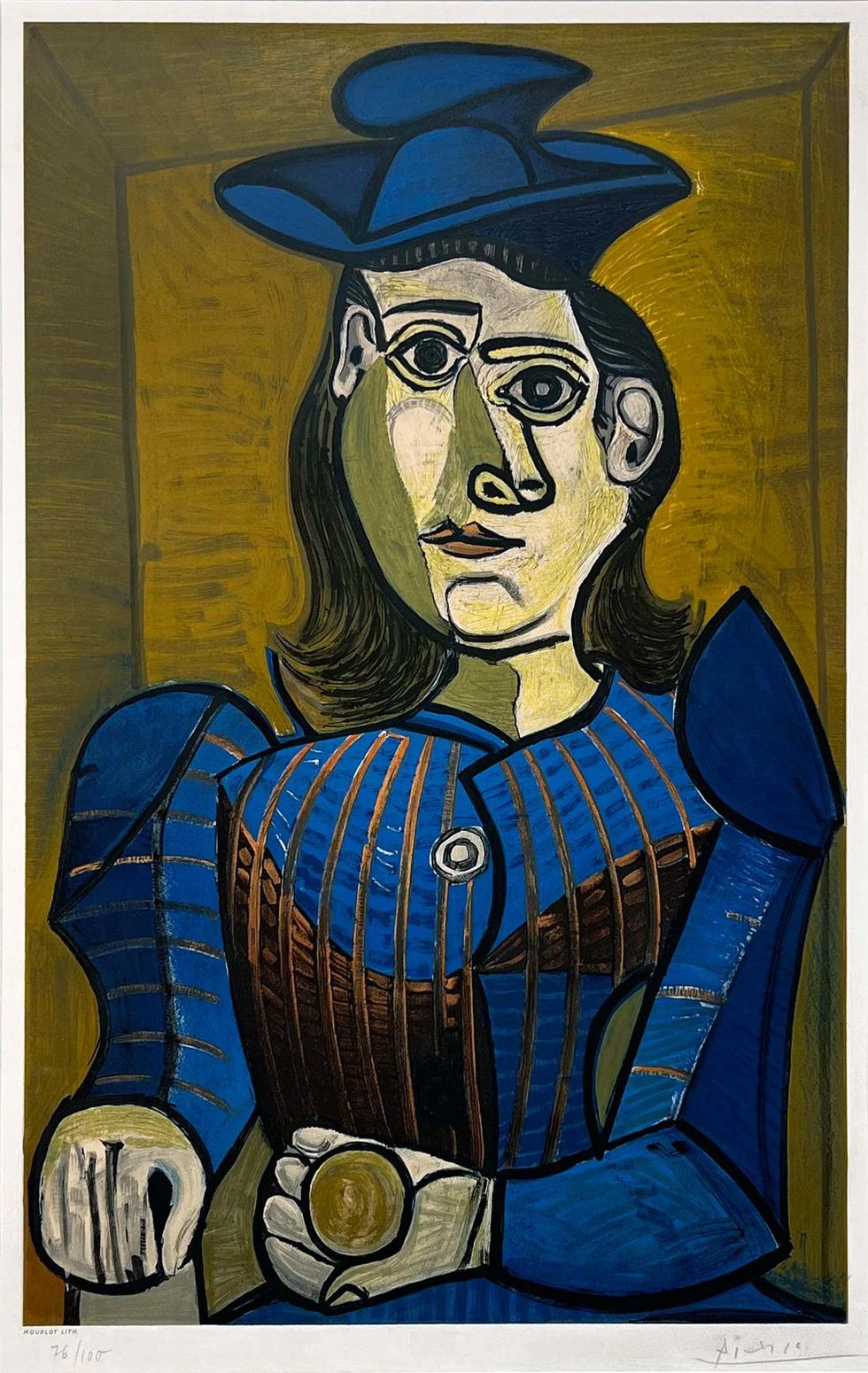When expanding your art collection, it’s essential to favor pieces that resonate with your own personality and preferences, as these are the works you will live with in your home and they should bring you joy. However, for those new to the art scene or seeking to jazz up their existing collection, paying attention to upcoming trends in the art world can provide valuable guidance.
For 2024, industry experts predict that collectors will lean toward taking more considered risks, opting for artworks that are bold in both personality and subject matter. Audra Kiewiet de Jonge, founder of Art/artefact, explains that collectors today want their art to evoke feelings of wonder and discovery.
She says, “I think more than trends specifically, people are embracing the thrill and marvel of collecting unique and special objects and art across categories and periods. A sort of Wunderkabinett (cabinet of curiosities) approach that feels at once historical and thrillingly fresh and new.”
Bearing this in mind, particular styles echo this unique sense of enchantment and are currently emerging as favorites within the art market. Below, experts reveal their predictions for the biggest art trends of 2024.
Textured Art
Artists are experimenting with various techniques and materials to create visually appealing and intriguing work more now than ever. Keli Hogsett, founder of CoCollect, points out that textured works add depth and dimension to traditional paintings and mixed media artwork. It additionally serves as a direct response to the rise of digital and 3D-printed art.
“In the digital world we live in today, artworks with deep texture will trend in 2024 as they inextricably communicate the unique touch of originality and humanity to their viewer,” says Hogsett. “The texture behind a one-of-a-kind work is something technology will never be able to imperfectly replicate.”
Further, textured art also engages the viewer in a multisensory experience, beckoning them to touch the pieces and understand the work that went into making them.
Folk Art and Craft
Folk art, while it can take many different forms, is generally characterized as the expressive medium of everyday people, capturing the narratives of daily life and cultural identity. Each community possesses a unique style that employs an array of materials and techniques to create art that vividly and authentically represents local ways of life with vibrant and perfectly imperfect details. These works are attracting attention for their intimate storytelling and for preserving vital craft traditions within communities. Kiewiet de Jonge notes that this continued interest in outsider or folk art is reshaping the conventional perception of art.
Kiewiet de Jonge says, “There is definitely exciting interest right now in art forms that in the past were categorized as ‘domestic arts,’ ‘applied arts’ or ‘craft’ to differentiate them from the high art of the academy, which only admitted male students and therefore produced exclusively male professional artists. Many of these domestic and applied mediums have historically been the work of women, and as amateurs who were not professionally trained, the names of the makers have been lost or were never recorded.”
She adds that there’s been a renewed interest and shift in perspective around these art forms, and they are starting to be celebrated everywhere from international art fairs to museum exhibitions such as Making Her Mark: A History of Women Artists in Europe, 1400-1800, currently on view at the Baltimore Museum of Art. Kiewiet de Jonge adds, “This is a very exciting moment of expansion for what it means to make art on the highest level.”
Textile Art
Like folk art, textile art merges art and craft, showcasing intricate patterns and vibrant colors crafted from humble materials. Artists in this medium might produce traditional items like quilts and woven tapestries or, as in the case of Faith Ringgold’s renowned story quilts, they can interweave fabrics to construct striking portraits or narratives.
Kiewiet de Jonge observes that these pieces not only infuse spaces with warmth and character but also honor the skilled artisans responsible for their creation. She says, “I feel like we are in a collective moment that is returning to an interest in art where the hand of the artist is apparent and a sense of how it was made resonates for collectors.”
Kiewiet de Jonge points out sculptor Gabrielle Teschner as one to watch with her works that blend together ink-paint and textiles. “Her work is such an incredible example of how the medium of textiles can be applied to express complex ideas about volume, space, and our relationship to the world around us.”
Sculpture
In 2024, expect sculpture to become a major trend in both art collections and home interiors. These multidimensional works introduce a dynamic sense of movement and depth to a space without overwhelming the surrounding furnishings or other art pieces.
“At CoCollect, we love placing sculptural works where they can be admired from different vantage points, like an outdoor courtyard,” says Hogsett. “It’s amazing to see how artists are merging traditional techniques with modern technology to create visually stunning and conceptually challenging pieces.”
Many artists in today’s society are increasingly using cutting-edge technology, such as 3D printing and elaborate lighting, to create these extraordinary pieces. However, an antique marble bust or postmodern clay masterpiece can add just as much value and interest to your collection in the upcoming year.
Portraiture
Since the inception of art, portraiture has been a staple, and its allure is resurging. Modern portraits adopt a vibrant and luminous style, casting their subjects in refreshingly novel perspectives. Kehinde Wiley, hailed as one of the most acclaimed portrait painters today, infuses his portrayals of contemporary African American people with the grandeur of classical European portraiture, yet sets them apart with lush, ornate backdrops. Although the techniques may evolve, the profound personal expression and impact of this art form endures.
“I love portraiture and the wonderful stories that are hidden in them through the symbolism of the garments and objects (the sitter’s attributes) selected for inclusion,” says Kiewiet de Jonge. “Each element was intentional and added to the story that the subject of the portrait (or their family) wanted to convey to their audience.”
20th-Century Art
While art from 20th-century greats has always been coveted, there has been a burgeoning interest among new enthusiasts in recent years. For example, Pablo Picasso has reemerged as a particularly favored artist for his figurative works that resonate with this generation of collectors.
In November 2023, Picasso’s “Femme à la Montre” fetched a record-breaking $139 million at Sotheby’s, marking the second-highest price ever achieved by the artist. Furthering the trend, Findlay Galleries recently hosted a popular exhibition featuring Picasso’s ceramic pieces created during his time at the Madoura Studio in Spain.
Additionally, exhibitions focusing on the works of previously overlooked female artists from the 20th century are also garnering significant attention. One of the standout presentations at Art Basel Miami showcased the work of Leonor Fini, brought by San Francisco’s Weinstein Gallery in partnership with Paris’ Galerie Minsky. Fini’s work, rooted in the Surrealist movement, is distinguished by its strong narrative quality, a characteristic highly sought after by young collectors.
New collectors are increasingly drawn to vintage and antique pieces that boast compelling backstories and originality—and for many, the works of the 20th century perfectly satisfy this interest.
Sarah DiMarco (she/her) is the associate editor at VERANDA, covering all things design, architecture, art, gardens, jewelry, travel, wine and spirits. She also manages social media for the brand.

